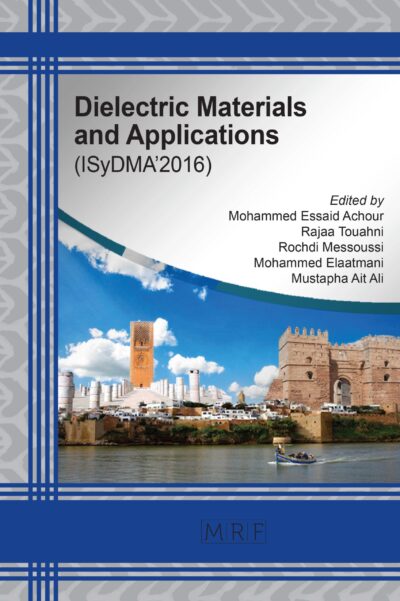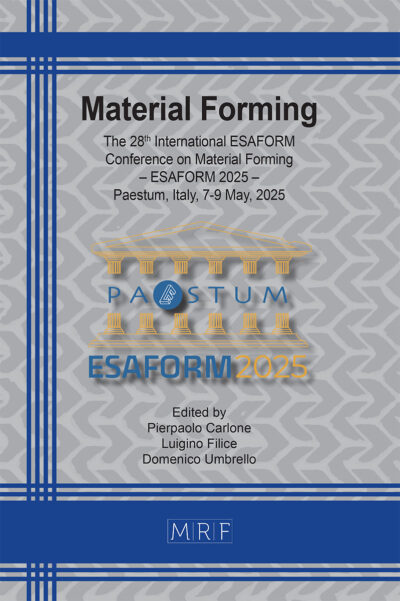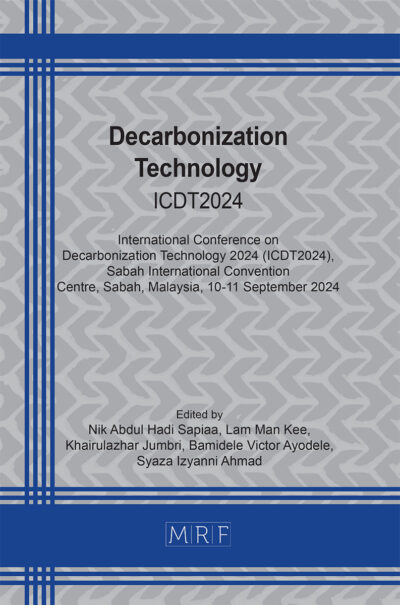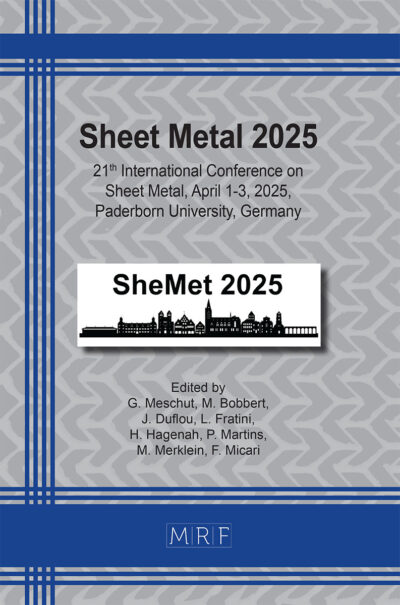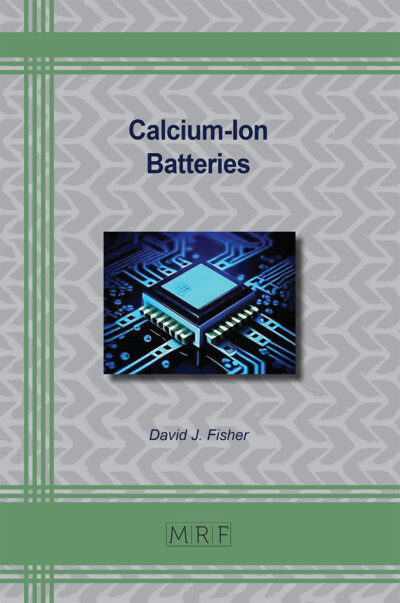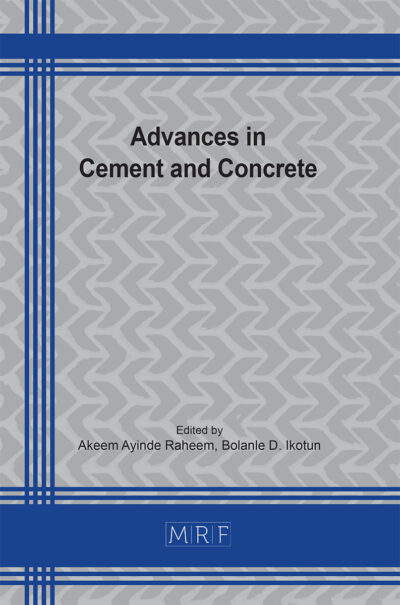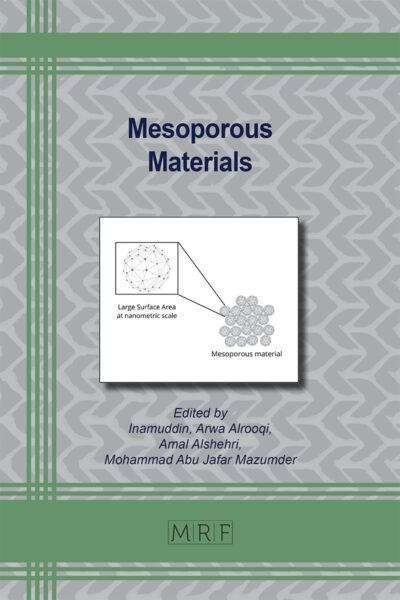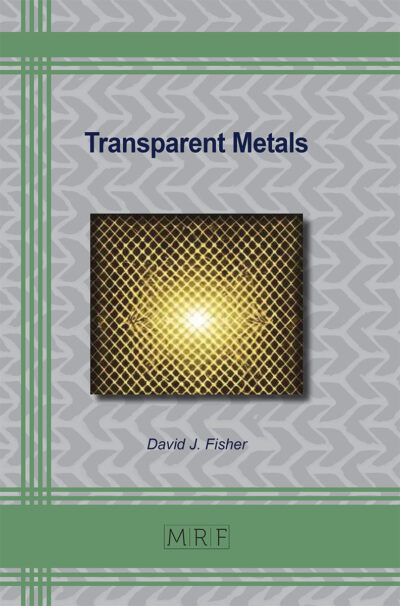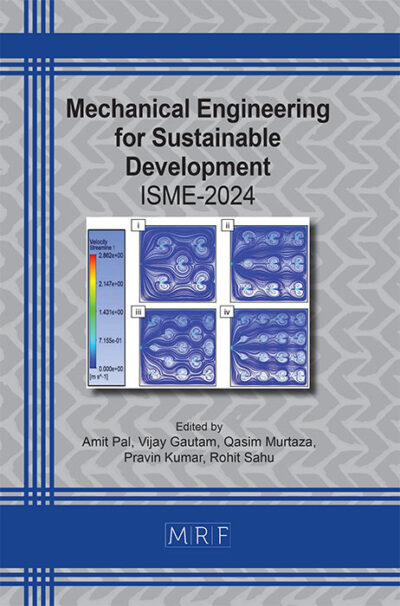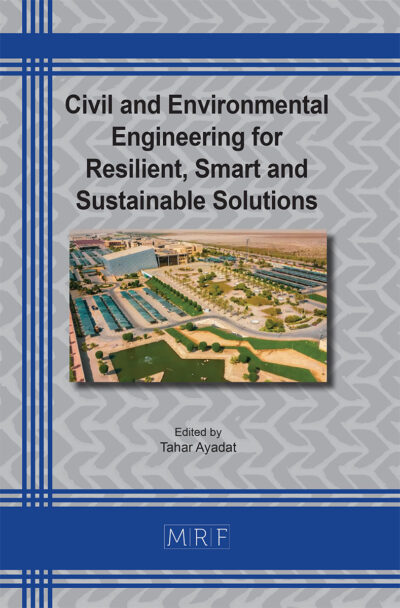Martensitic Transformations of Carbon Polytypes
Evgeny A. Belenkov, Vladimir A. Greshnyakov
Abstract. In this paper, the mutual phase transformations of graphite and diamond polytypes were investigated by the density functional theory methods and the atom-atom potential. It was found out that a potential barrier with a height of 6.3 J/mol must be overcome to shift the graphene layers in graphite, and for the shift of the molecular layer in diamond, the potential barrier is 216 kJ/mol. Mutual structural transformations of almost any polytypes are possible due to random shifts of separate layers. Shift transformations can be the reason for the formation of crystals with random packing of layers and the impossibility of forming ideal polytypes.
Keywords
Phase Transition, Computer Simulation, Polytypism, Graphite, Diamond
Published online 11/15/2018, 4 pages
Copyright © 2018 by the author(s)
Published under license by Materials Research Forum LLC., Millersville PA, USA
Citation: Evgeny A. Belenkov, Vladimir A. Greshnyakov, ‘Martensitic Transformations of Carbon Polytypes’, Materials Research Proceedings, Vol. 9, pp 144-147, 2018
DOI: https://dx.doi.org/10.21741/9781644900017-27
The article was published as article 27 of the book Shape Memory Alloys
References
[1] E.A. Belenkov, V.A. Greshnyakov, Classification of structural modifications of carbon, Phys. Solid State 55 (2013) 1754-1764. https://doi.org/10.1134/S1063783413080039
[2] E.A. Belenkov, V.A. Greshnyakov, Classification schemes for carbon phases and nanostructures, New Carbon Mater. 28 (2013) 273-283. https://doi.org/10.1016/S1872-5805(13)60081-5
[3] E.A. Belenkov, V.A. Greshnyakov, Structural varieties of polytypes, Phys. Solid State 59 (2017) 1926-1933. https://doi.org/10.1134/S1063783417100055
[4] V.A. Greshnyakov, E.A. Belenkov, Investigation on the formation of lonsdaleite from graphite, J. Exp. Theor. Phys. 124 (2017) 265-274. https://doi.org/10.1134/S1063776117010125
[5] E.A. Belenkov, V.A. Greshnyakov, Diamond-like phases prepared from graphene layers, Phys. Solid State 57 (2015) 205-212. https://doi.org/10.1134/S1063783415010047
[6] E.A. Belenkov, V.A. Greshnyakov, Structure, properties, and possible mechanisms of formation of diamond-like phases, Phys. Solid State 58 (2016) 2145-2154. https://doi.org/10.1134/S1063783416100073
[7] Yu.E. Kitaev, M.I. Aroyo, J.M. Perez-Mato, Site symmetry approach to phase transitions in perovskite-related ferroelectric compounds, Phys. Rev. B 75 (2007) 064110. https://doi.org/10.1103/PhysRevB.75.064110
[8] A.I. Kitaigorodsky, Molecular crystals and molecules, Academic Press, New York, 1973.
[9] J.P. Perdew, A. Zunger, Self-interaction correction to density-functional approximations for many-electron systems, Phys. Rev. B 23 (1981) 5048-5079. https://doi.org/10.1103/PhysRevB.23.5048
[10] J.P. Perdew, K. Burke, M. Ernzerhof, Generalized gradient approximation made simple, Phys. Rev. Lett. 77 (1996) 3865-3868. https://doi.org/10.1103/PhysRevLett.77.3865


